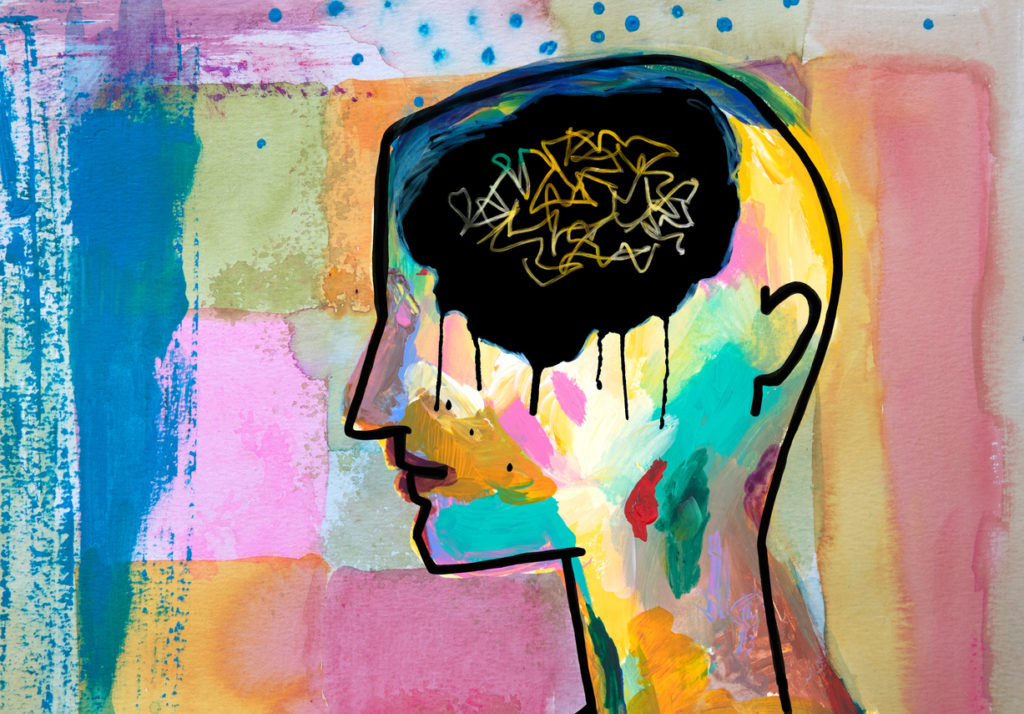The purpose of this study is to determine whether the addition of Cognitive Therapy (CT) to antidepressant medication (ADM) enhances treatment for depression. This study will also test whether the addition of CT to ADM will prevent recurrences of depression after therapy is over.
Official Title
Prevention of Recurrence in Depression with Drugs and CT
Conditions
– Depression
Study Type
Interventional
Study Design
Prevention, Randomized, Single Blind, Active Control, Parallel Assignment, Efficacy Study
Further Details
It is commonly believed that the combination of ADM and psychotherapy is more effective in treating depression than either treatment alone. Data indicate that CT enhances the initial effects of ADM, but little research has been conducted to determine whether prior exposure to CT prevents the onset of new depressive episodes. This study will determine the effectiveness of adding CT to ADM for the treatment of depression. Participants are randomly assigned to receive either ADM alone or ADM plus CT for up to 1 year. Remitted patients are continued on medication for up to 18 months until they meet criteria for recovery. At recovery, patients receiving combined treatment discontinue cognitive therapy; all recovered patients are randomized a second time to either maintenance medication or medication withdrawal. Patients are then monitored over 36 months to ascertain risk for recurrence of depressive symptoms.
Study Start
Eligibility & Criteria
Ages Eligible for Study: 18 Years and above, Genders Eligible for Study: Both Criteria Inclusion Criteria:Recurrent or chronic major depressive disorder
Total Enrolment
450
Contact Details
[1] Steven D. Hollon, PhD, Principal Investigator, Vanderbilt University [2] Robert J. DeRubeis, PhD, Principal Investigator, University of Pennsylvania [3] Jan A. Fawcett, MD, Principal Investigator, Rush Medical CenterAll content and media on the HealthEngine Blog is created and published online for informational purposes only. It is not intended to be a substitute for professional medical advice and should not be relied on as health or personal advice. Always seek the guidance of your doctor or other qualified health professional with any questions you may have regarding your health or a medical condition. Never disregard the advice of a medical professional, or delay in seeking it because of something you have read on this Website. If you think you may have a medical emergency, call your doctor, go to the nearest hospital emergency department, or call the emergency services immediately.







